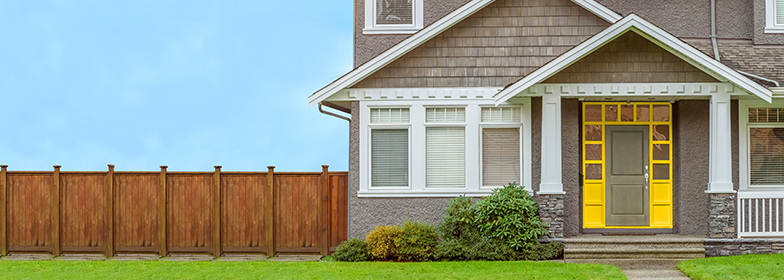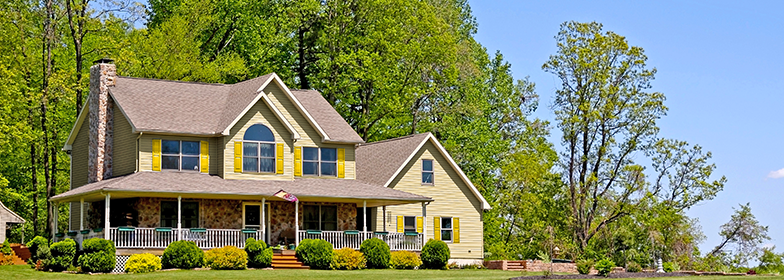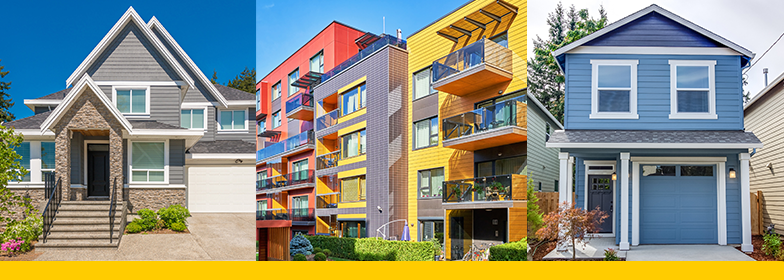Guild Mortgage blogs
5 mortgage tips when moving to another state
5 mortgage tips when moving to another state Moving to a new state requires some coordination, and if you’re planning to buy a home when you get there, you’ll need to consider how getting a [...]
How property taxes affect your mortgage payment
How property taxes affect your mortgage payment When considering how much of a mortgage payment you can afford, you will also need to take property taxes into account. As an expense you may not have [...]
Advantages of rural mortgages
Advantages of rural mortgages While many mortgage programs are designed to make homeownership more attainable for low-to-moderate-income borrowers, rural mortgages have unique advantages that set them apart. Rural mortgages, or USDA loans, offer 100 percent [...]
Eight ways a mortgage loan officer help borrowers achieve homeownership
Eight ways a mortgage loan officer help borrowers achieve homeownership When it comes to choosing the best mortgage, finding a local loan officer who provides personalized service is key. With careful guidance and planning, a [...]
Is a variable interest rate mortgage right for you?
Is a variable interest rate mortgage right for you? All home loans are tied to mortgage interest rates which go up or down for various reasons, including changes in the economy and financial markets. Fixed-rate [...]
Steps to increase your mortgage pre-approval amount
Steps to increase your mortgage pre-approval amount If you’d like to know how much you can borrow to buy a home, a mortgage pre-approval is a great place to start. But what if the home [...]
What are special purpose credit programs?
What are special purpose credit programs (SPCP)? Special purpose credit programs (SPCPs) are home loan programs designed to help remove the barriers to homeownership in underserved populations. SPCPs can help empower communities to build wealth [...]
10 things to look for in a mortgage lender
10 things to look for in a mortgage lender Buying a home is a significant milestone in life, especially if it’s your first time. Having a lender and experienced loan officer by your side can [...]
Weird but true: 16 fascinating facts about houses
Weird but true: 16 fascinating facts about houses Whether you need an icebreaker for your next dinner party or just want to entertain your brain during your coffee break: These fun facts might surprise you. [...]
10 home loan programs that improve access to homeownership
10 home loan programs that improve access to homeownership A lot has changed since we began offering FHA loans in the 1960s. Government-backed home loan programs are still around; however, there’s a wider range of [...]










